Once marijuana went legal for adults 21 and over in places like Colorado, Washington and Oregon, employment became a hot topic of discussion.
Everyone was talking about all the new, high-paying jobs the burgeoning cannabis industry was going to create. The stoners, once dregs of society, were now poised to get in on the ground floor of an occupation that would bring them prosperity in the years to come.
After all, marijuana was creating tens of thousands of fresh opportunities in states that went legal, offering plenty of chances for advancement for those wanting to make cannabis a career.
The best part of the deal? No experience was necessary.
The industry was willing to train the right candidates. Some of those who felt they fit the bill packed up their homes in their respective lands of prohibition and moved to greener countryside, just for a shot at working in weed.
Many felt success was inevitable. How could it fail? Legal weed was destined to become the next American cash crop – a tale that’s been told since the early days of High Times – and they would be there, thriving on the backs of its newfound legality.
That was a decade ago and, well, legal cannabis did precisely what they predicted it would: Create jobs. Some of the latest employment data from Leafly shows the cannabis industry now has 428,059 full time employees in the United States.
Many Cannabis Workers Facing Disappointment
By the numbers, the state of affairs for those who work in weed sounds optimistic. However, the cannabis industry is struggling. In states where the plant is legal, the black market still prevails and, in many cases, is getting stronger.
In addition, the IRS forces cannabis operations to pay upwards of 70 percent in federal taxes, making it harder for the average, run-of-the-mill, mom and pop pot shop to survive. Many are being eaten up by corporate consolidation. Some are just going out of business. Even larger shops are laying off workers and closing doors. Surplus is too high, price per pound has plummeted and the demand is low.
The opportunity for workers to flourish inside such a vulnerable market simply doesn’t exist. That’s the biggest complaint heard by those who entered the industry years ago with starry eyes and big dreams. Opportunity has dried up.
The high-paying vocations never happened, and they’re now left with a dead-end job. In some cases, their paychecks have dried up too. Some are still putting in the time, just not getting paid for it.
“They keep promising to pay me, but they haven’t yet, and I’m still broke,” Katie, a 43-year-old dispensary worker from Oregon told The Bluntness. She admits it’s tough for her to speak out against an industry that she’s been in favor of since the beginning. “They gave me a couple hundred bucks the other day so I could eat, but they still owe me thousands. I don’t know when I’ll get it or even what to do if I don’t. I know people at different shops are having the same problem.”
Unfortunately for workers like Katie, the situation might not improve. Another former cannabis industry employee, Amber, told us the harrowing tale about her time in the cultivation sect. She worked for a legal farm in California where the owner failed to pay workers, even though he was making a killing selling his crop to illicit operations. “I left, came home, had to get on unemployment and rebuild,” she said, adding that her story is just a taste of the corruption within.
Cannabis Employment a Blight on Resumes?
It stands to reason that the schizophrenic nature of the cannabis trade is forcing workers to abandon ship and perhaps find a more stable position in an unrelated field. Maybe they’ll come back when the industry gets sorted out, maybe they won’t.
If they are willing to give you a chance despite a career in cannabis, chances are they’re the kind of employer that you wanted all along.
Mike Adams
Yet, people who have spent years growing and selling cannabis – a Schedule I dangerous drug in the eyes of the federal government – may find it tough to move on to civilian work. After all, cannabis is still frowned upon by a lot of companies who still rely on pre-employment urine screens to gauge the quality of a potential hire.
The Bluntness talked to a slew of entrepreneurs in a wide range of businesses for this piece. Unfortunately, while most do not care if someone uses marijuana in their free time, some still have a problem with job candidates with weed work on their resume.
“It's still well within the owner’s prerogative to not hire someone because of this,” Thomas, a contractor from Washington DC, told us. “The ‘legal’ cannabis industry isn't actually legal until federal laws change.”
Certain business owners say they won’t mess with former weed workers because they are undependable.
“I pass on employees that have worked in the legal weed industry not because I care if they smoke or not (no drug testing required) but because they have three-times the absenteeism once I hire them,” asserts Matthew, a 45-year-old restaurant owner. “It’s hard enough to stay staffed.”
Others said it wouldn’t matter if a job candidate was previously employed with the cannabis industry. Work history is work history, as far as they are concerned. “As long as they were qualified, I’d hire them,” Pete, a 38-year-old machine builder from Mason, Ohio, told The Bluntness. “I wouldn't ever discount legal work history. Doing so would be a bad business decision. There is nothing to gain by rejecting qualified candidates for something so irrelevant,” he added.”
Many agree.
“Throwing away good employees for stupid reasons is a bad business practice,” declared Regina, the CEO of a Pittsburgh marketing firm. “I'd hire them if they seemed promising, no matter what their history.”
In the end, most of the business owners we interviewed agreed that weed work would not discount a job candidate. Although capitalizing on future opportunities outside the cannabis industry will depend on the individual business owner or hiring manager, it certainly isn’t a lost cause.
There’s no need to be afraid to make that leap. If they are willing to give you a chance despite a career in cannabis, chances are they’re the kind of employer that you wanted all along. All these people are interested in, if they’re savvy at all, is work ethic, candor, dependability, and kindheartedness.
If they don’t consider any of those qualities, did you really miss out on some grand opportunity? Probably not. Therefore, stay honest. It doesn’t pay to lie about previous employment pertaining to cannabis.
A good manager will know what to look for in a resume. Going into a job interview with honor and a willingness to do your best is all any employer can ask for.
Now, that doesn’t mean you’ll escape any pre-employment drug screens, if that’s something their company is forced to do due to federal regulations. But working in a marijuana business will not prevent you from moving on in whatever career path you opt for next.
Need a little more Bluntness in your life? Subscribe for our newsletter to stay in the loop.














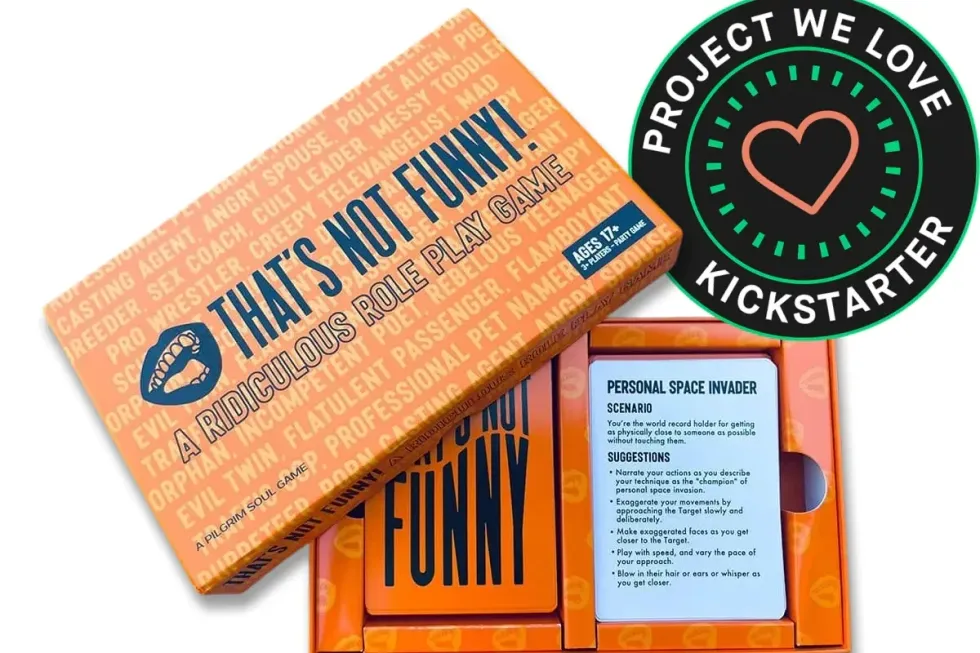
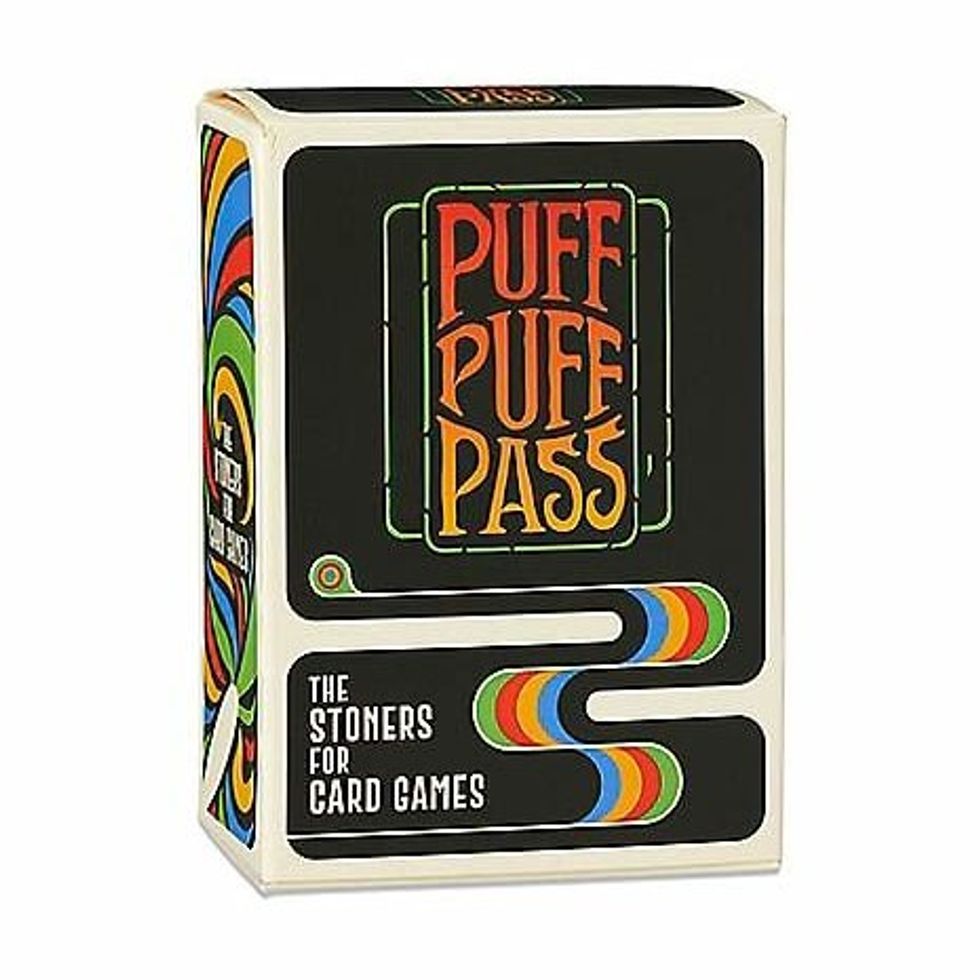

 Best Weed Smoking Games to Try - Jammin'
Best Weed Smoking Games to Try - Jammin'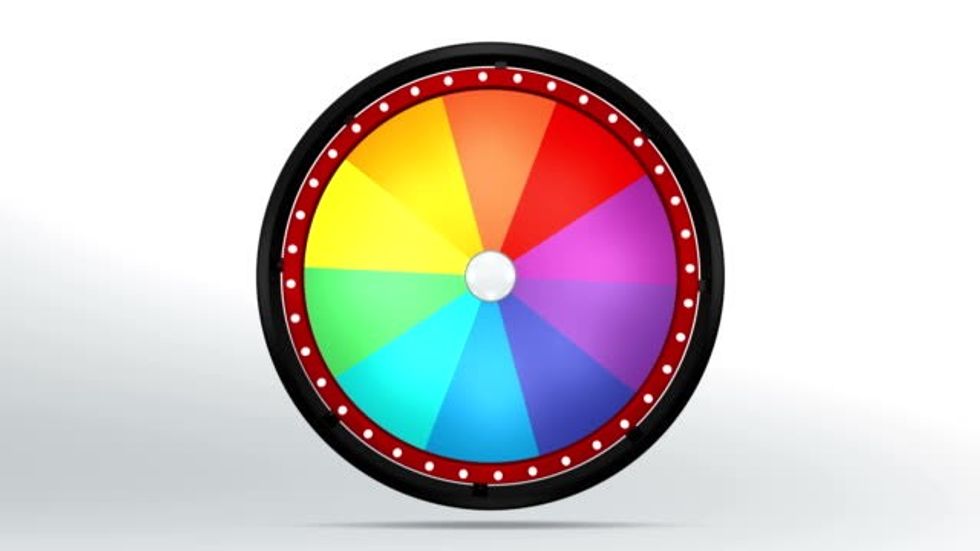 The 31 Best Weed Smoking Games To Try
The 31 Best Weed Smoking Games To Try The Best Weed Smoking Games
The Best Weed Smoking Games The Best Weed Smoking Games to Try
The Best Weed Smoking Games to Try
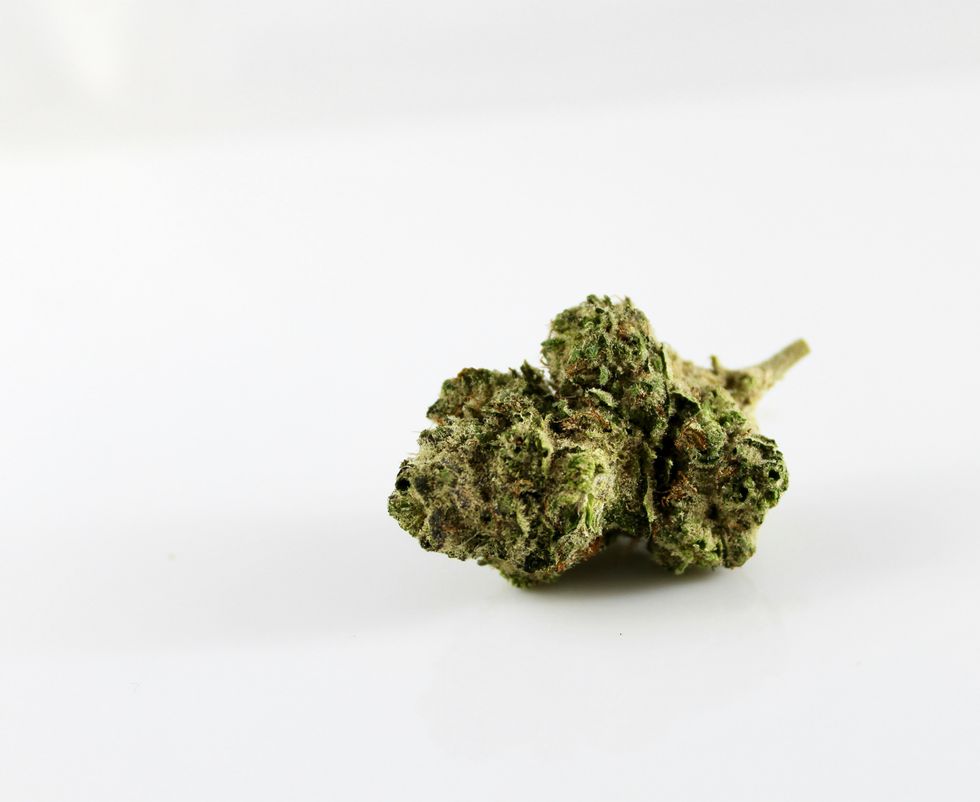
 Stoner Games - Games to Play While High
Stoner Games - Games to Play While High The Best Weed Smoking Games to Play
The Best Weed Smoking Games to Play The Best Weed Smoking Games to Try
The Best Weed Smoking Games to Try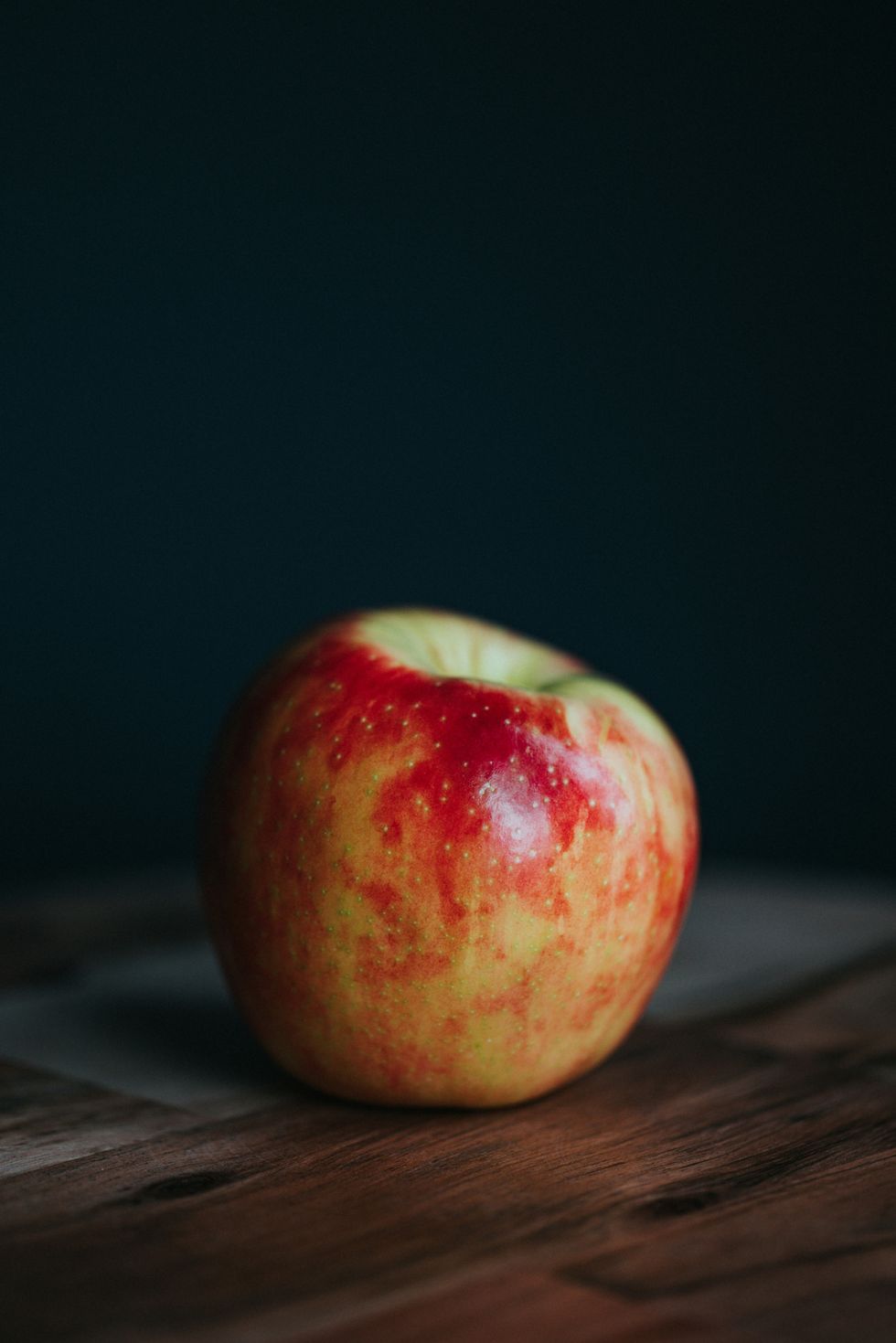
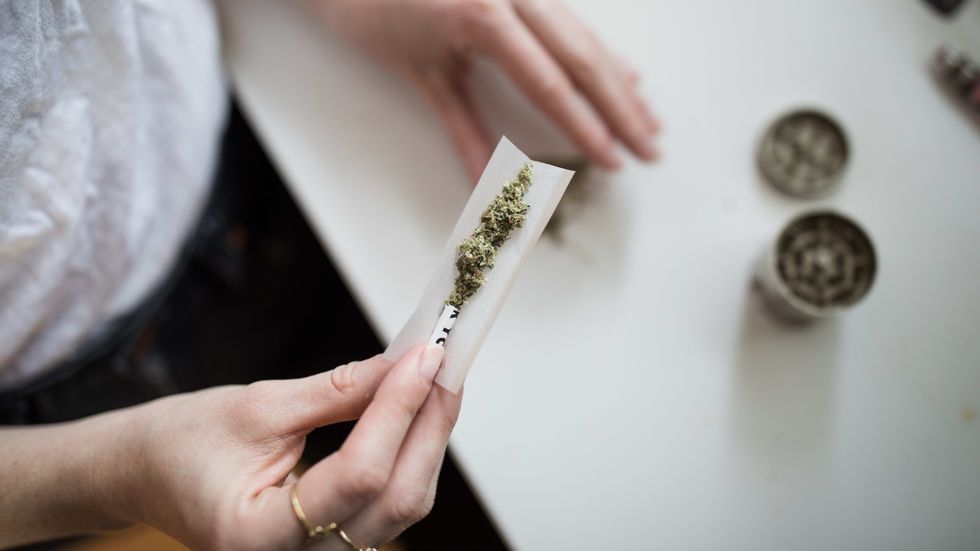 The Best Weed Smoking Games to Try
The Best Weed Smoking Games to Try
 The Best Weed Smoking Games to Play
The Best Weed Smoking Games to Play The Best Weed Games to Play
The Best Weed Games to Play The Best Weed Smoking Games to Try
The Best Weed Smoking Games to Try The Best Weed Smoking Games to Play
The Best Weed Smoking Games to Play The Best Weed Smoking Games to Try
The Best Weed Smoking Games to Try Games for Stoners
Games for Stoners  woman in white and blue floral shirt sitting beside woman in white and black floral shirtPhoto by
woman in white and blue floral shirt sitting beside woman in white and black floral shirtPhoto by 
 The Best Weed Smoking Games to Play
The Best Weed Smoking Games to Play
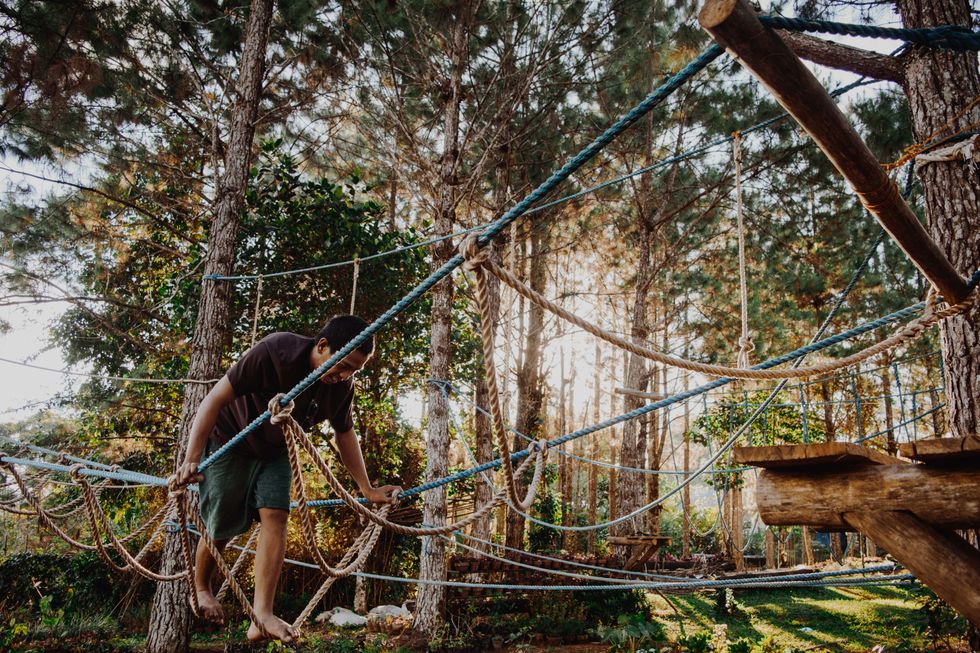 The Best Weed Smoking Games to Try
The Best Weed Smoking Games to Try The Best Weed Smoking Games to Try
The Best Weed Smoking Games to Try world map with pinsPhoto by
world map with pinsPhoto by 
 The Best Weed Smoking Games to Try
The Best Weed Smoking Games to Try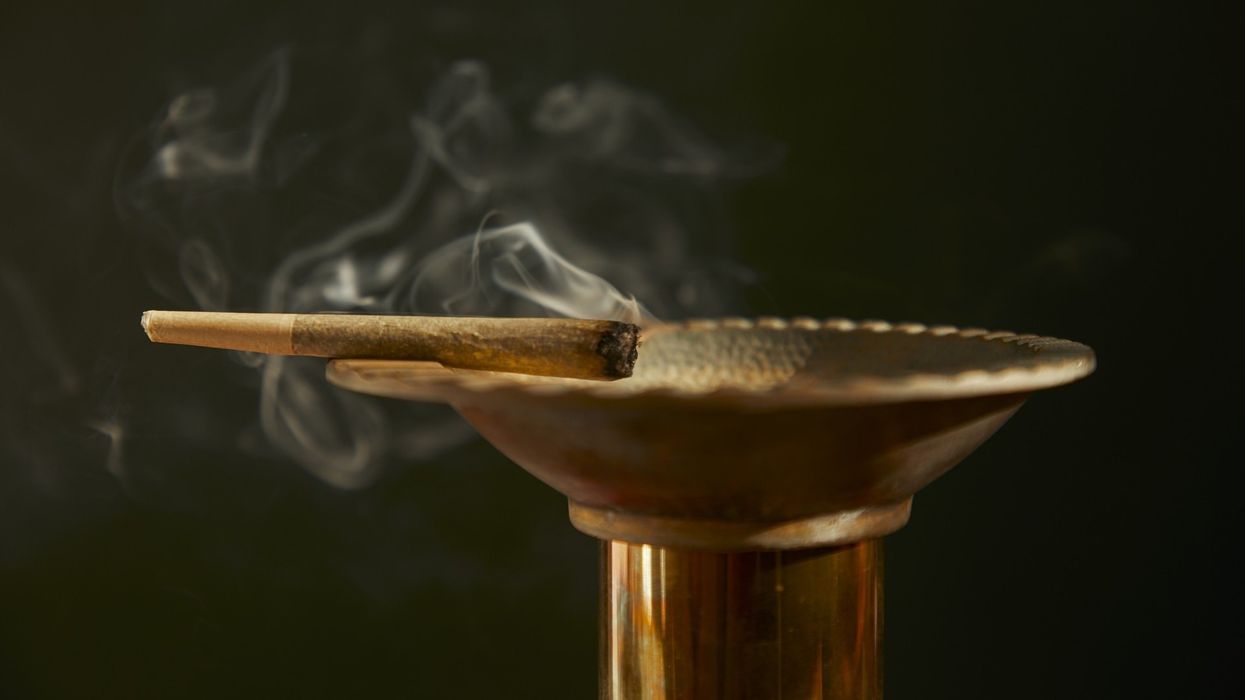
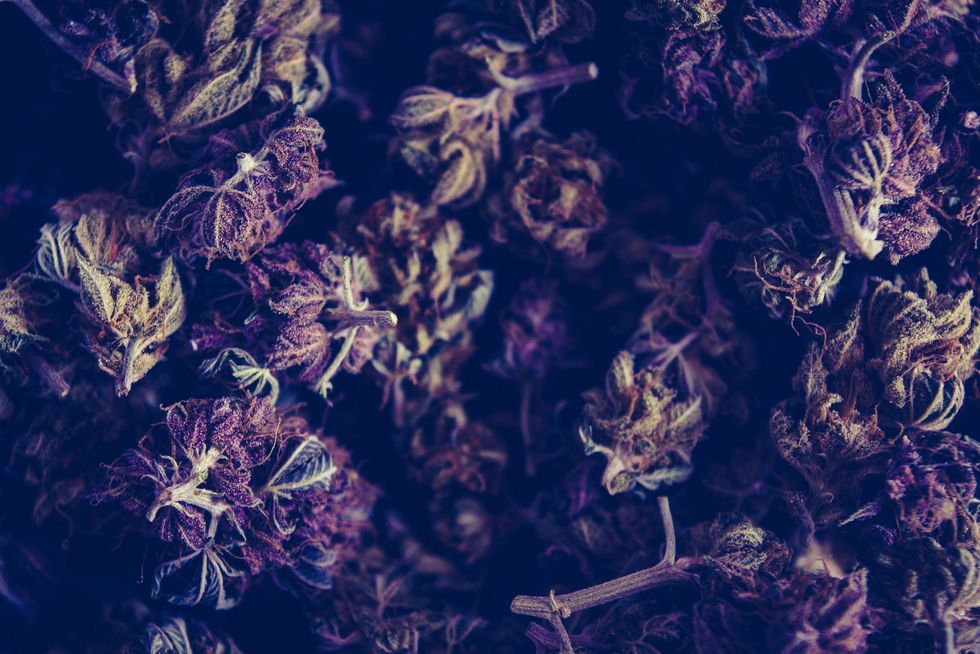 What is reggie weed? - The Bluntness
Photo by
What is reggie weed? - The Bluntness
Photo by 
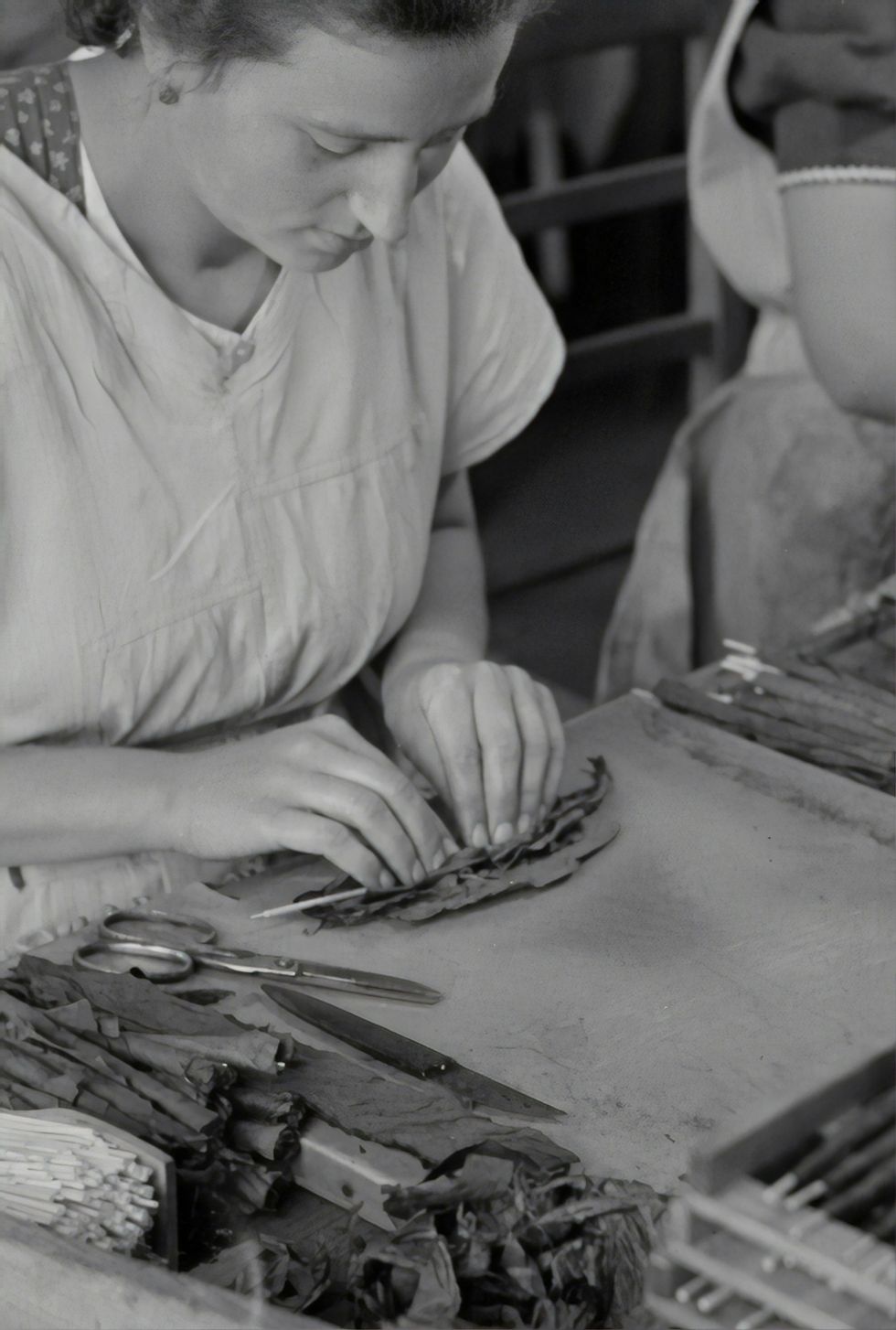 How to Make a Cannagar Without a Mold: A Comprehensive Guide - The Bluntness
Photo by
How to Make a Cannagar Without a Mold: A Comprehensive Guide - The Bluntness
Photo by 